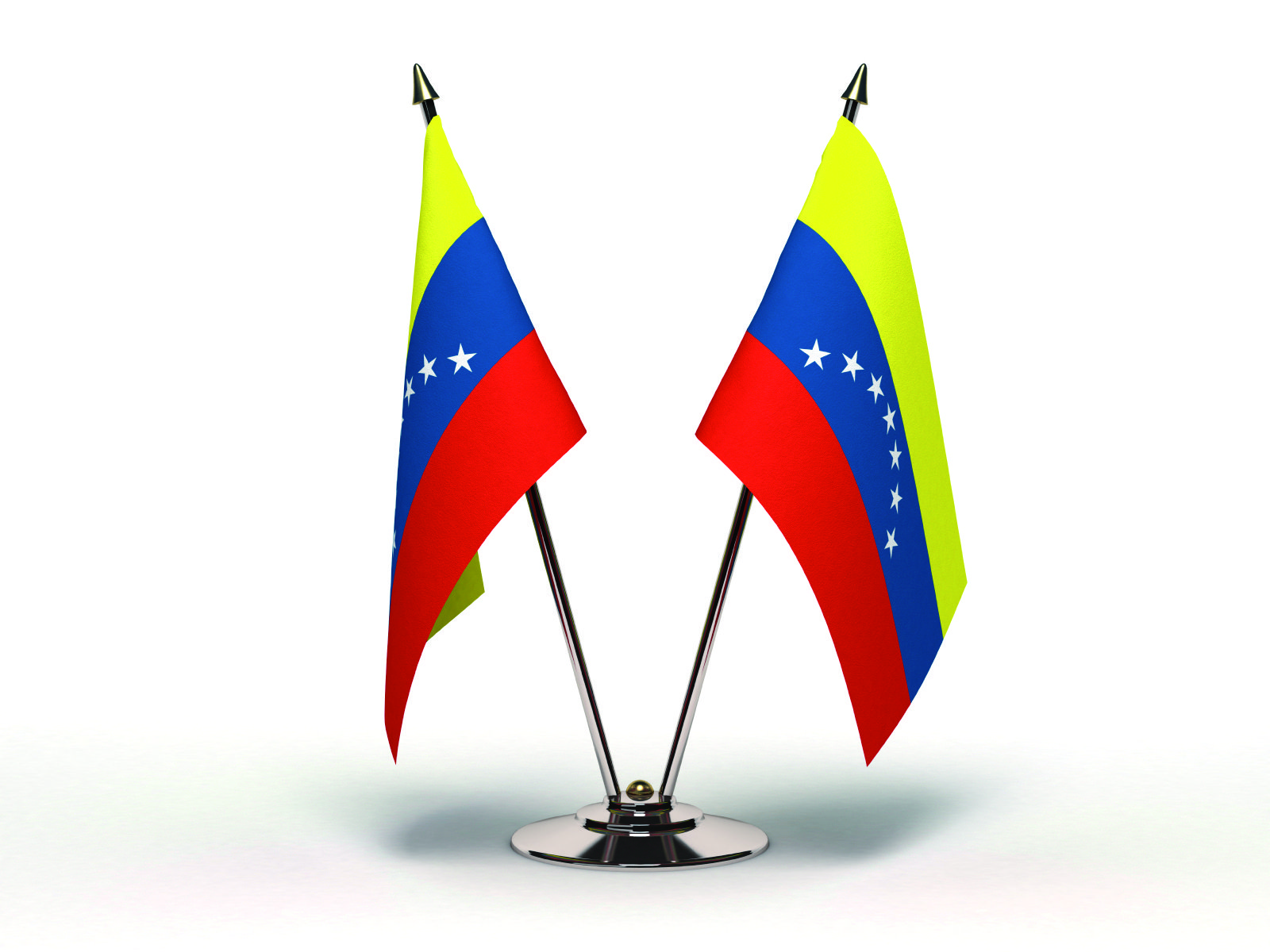Venezuela’s China connection – Hoet Peláez Castillo & Duque
Countries across Latin America are competing to attract foreign investors with Venezuela standing out, among many, as a major recipient of Chinese investment
The last decade has seen Latin America the subject of intense investment interest, particularly from China, which over the past year has been the number three investor in terms of the value and number of M&A transactions across the region, says Fernando Peláez-Pier, Managing Partner of Caracas-based Hoet Pelaez Castillo & Duque.
“The rapid development of the region, with high growth rates and the continuing expansion of infrastructure projects as well as a wealth of natural resources and raw materials has attracted investment from public and private Chinese companies, the volume of which is now exceeded only by investment by Mexico and Brazil and is well ahead of that by the US and Spain.”
According to information obtained from the Chinese Ministry of Commerce, Chinese international investment in 2010 totalled US$67.8 trillion. Latin America ranked second in terms of investment destinations representing over 13 percent of the total amount, with the main recipients being Brazil, Venezuela and Colombia.
“In my opinion the levels of China’s investment in the region will only increase to make it the number one investor across Latin America. The only potential reason for this not to happen would be if China were to suffer a domestic economic crisis, which is of course not beyond possibility.”
China’s investment in the region is driven by several factors, says Peláez-Pier. At the forefront has clearly been a desire to secure supplies of natural resources and raw materials, oil minerals and food products. More recently however the interest has developed towards control of the companies producing these products either wholly or by majority.
Venezuela has been a long time recipient of Chinese investment especially in the energy sector, he notes. As a result of the implementation of international co-operation treaties through the China Development Bank, around $48bn has been invested in the country in energy, mining, telecommunications, housing and infrastructure projects as well as in manufacturing.
“As with any foreign investment many of these have been through joint ventures with the Venezuelan Government which will invariably hold a majority stake, such as those through the state-owned oil company Petróleos de Venezuela. In the infrastructure sector, it is more usual for the contracts to be executed by a Chinese company via a local Venezuelan branch.”
Such structures are often in contrast to Chinese investments made elsewhere across Latin America, which are usually made in the form of direct investments undertaken through public or private companies, says Peláez-Pier. “In Venezuela, investment projects are nowadays primarily facilitated through bilateral treaties and with the funding derived predominantly from the China Development Bank.”
In order to attract international investment, countries across the region are however looking to expand bilateral treaties to protect foreign investors and avoid double taxation, he says. But inevitably also important is economic and political stability to ensure continuity in economic and fiscal programmes, as well as regulatory, tax and labour laws, regardless of the incumbent Government.
“As has been demonstrated by the clear economic success of Chile in recent decades, economic and legislative stability are essential to attract high levels of foreign investment, and these are increasingly the factors that determine the validity of opportunities available in different countries.”
The strategic decisions of companies looking to differing opportunities in Latin America are inevitably driven by such criteria, with countries such as Brazil, Colombia, Peru, Mexico and Panama also standing out as beneficiaries. Peru and Panama particularly have seen rising levels of investment over the past years, says Peláez-Pier, although elections across the region have had a varying impact on confidence.
“Venezuela may be seeing strong demand in the energy and petrochemicals sectors, and which continue to account for a significant volume of Chinese investment, but so far everything points to Brazil and Colombia as those countries most consistently fostering the comfort levels required of international investors as a whole.”















